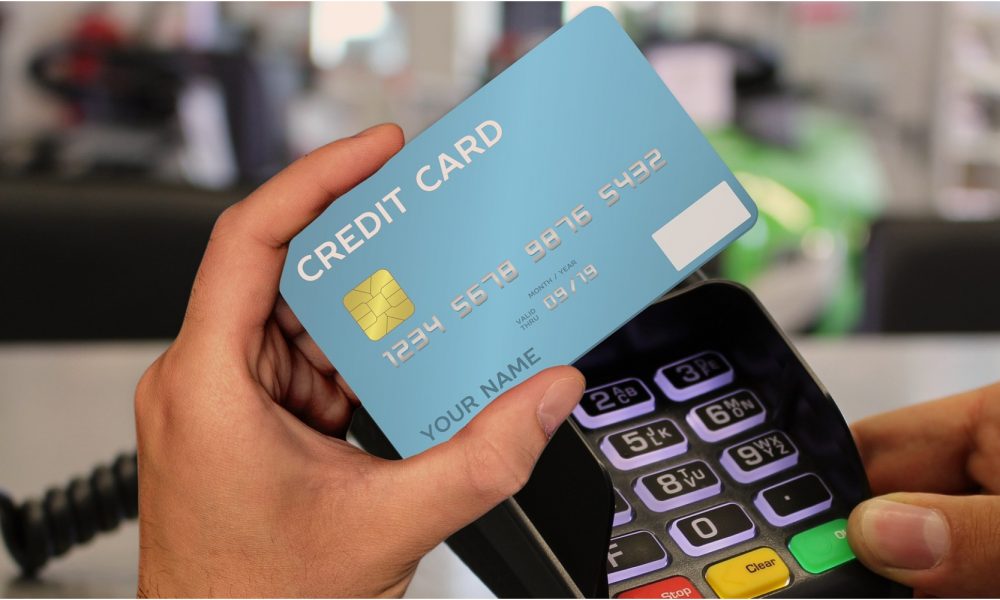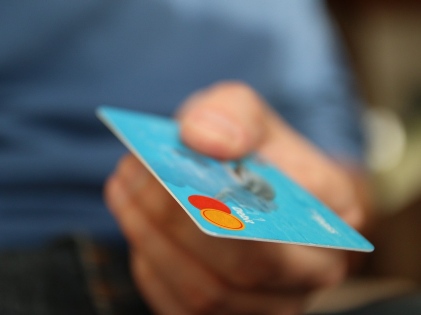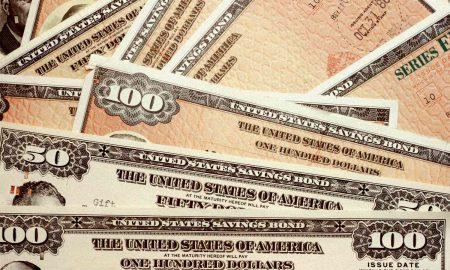
This Is How Credit Card Payments Work

A credit card is a necessity today. If you have just started making regular payments every month through your credit card, you have got a good opportunity of building your credit history and notch up an attractive credit score in the process. There are many things to know about credit cards, such as a credit card balance, how credit card interest rates work, how to understand and avoid credit card fees like late fees, over-limit fees, annual fees, cash advance fees, returned payment fees, etc. Read on to know them in detail and find out how credit card payments work.
What is a Credit Card Balance?

When you buy something through your credit card, the charged amount is added to the owed amount. You can call this the credit card’s balance. The balance is not the addition of your purchases. Included in it is the interest you owe on the credit card’s balance, along with any penalties or fees you have charged by the card issuer. Those may comprise the annual fees, cash advance fees, foreign transaction fees, late payment penalties, etc. After a monthly billing cycle terminates, you will receive information on the amount you have to pay, the minimum amount you need to shell out, and by which date you need to make the payment.
By making the minimum payment within time, you will be in a good position in the card issuer’s eyes. After you pay the minimum amount, the remaining balance rolls over and gets added to the next month’s balance. You will have to pay interest on that. Therefore, it’s favorable that pay an amount more than the minimum. However, nothing is better than paying the paying off the full balance every month. Paying the minimum amount and pushing the balance to the next month won’t have much of an effect on your credit score.
The credit utilization ratio comes into play when lenders decide whether it will be safe to lend you money. If the balance amount is too large, it can create problems. Your credit utilization ratio determines your credit score. For your information, a ratio of less than 30% is good.
How Credit Card Interest Rates Work
 Your credit card issuer charges the interest rate as APR or annual percentage rate. They divide the annualized percentage by 12 and then apply the monthly rate to the remaining balance every month.
Your credit card issuer charges the interest rate as APR or annual percentage rate. They divide the annualized percentage by 12 and then apply the monthly rate to the remaining balance every month.
If you have a credit card with an annual percentage rate of 20%, you will have to pay an interest of something around 1.66% on your outstanding monthly amount. Some credit cards might have more than one APR, like one APR for your purchases and cash advances. All the vital information is available in the terms and conditions of your credit card.
Understanding and Avoiding Credit Card Fees
There is plenty of fine print associated with credit cards concerning the fees, fines, and other charges. Some important credit card fees are late fees, over-limit fees, annual fees, cash advance fees, and returned payment fees.
If you somehow fail to pay the minimum amount on the due date, you might have to shell out a late fee. For the first late payment, you might have to pay $27. This amount can go up to $40 for any late payments you make afterward. You will face an over-limit fee in case you go past your credit limit. This fee amount can lie in the range of $25 and $35. The annual fee is the amount you have to pay every year for your credit card. There are credit cards that won’t require you to pay an annual fee. But credit cards with annual fees might off rewards when you purchase something.
The Other Important Fees

Aside from late fees, over-limit fees, and annual fees, there are cash advance fees and returned payment fees. You can take out cash advances via some credit cards. The cash advance fee is mostly a percentage of the amount of money you receive. The fee is usually on the higher side. In terms of returned payments, you will have to pay an amount if your payment bounces owing to a lack of funds or any other reason.
Credit cards are a great medium to build a nice credit score. However, you need to ensure that you don’t overstretch your limit and incur a deep debt. We hope these tips help you repay your credit card with ease.
More in Big Bank Accounts
-
`
Why Mortgage Demand Is Crashing as Interest Rates Skyrocket
Imagine having a favorite local ice cream shop that suddenly jacked up its prices by 50%. You would probably think twice...
November 18, 2023 -
`
Santo Spirits | Sammy Hagar and Guy Fieri’s Joint Venture
In the world of entrepreneurial partnerships, some unions are destined for greatness. The unexpected alliance between Sammy Hagar, the iconic Van...
November 12, 2023 -
`
Branded Content: A Genuine Way to Connect With Your Audience
Have you ever binge-watched a series on Netflix, only to later realize that the beverage everyone’s sipping on is that brand...
November 3, 2023 -
`
Southwest Airlines Tackles Passenger and Labor Challenges
Southwest Airlines, a prominent player in the aviation industry, has found itself at a crossroads, facing a combination of passenger dissatisfaction...
October 28, 2023 -
`
Everything You Need to Know About Blended Interest Rates
Hou ever blended a smoothie and thought, “How on Earth do my strawberries, spinach, and protein powder come together to taste...
October 17, 2023 -
`
The Osbournes ‘Relaunch’ Podcast After 5 Year Break
If you were glued to your TV in the early 2000s, there is no way you missed the hilarious, raucous, and...
October 10, 2023 -
`
Tesla in China: Back-to-Back Price Drops, But No Sales Jump?
As temperatures soared in the summer of 2023, Tesla seemed to be heating things up in the Chinese market too. A...
October 6, 2023 -
`
Navigating Red Flags in the Workplace
In the journey of our careers, it’s not uncommon to encounter red flags in our jobs that signal potential issues or...
September 30, 2023 -
`
Top 6 Best Housing Options for Older Adults
As we grow old, our physical and mental health needs change. In turn, this means that we require more assistance from...
September 21, 2023















You must be logged in to post a comment Login